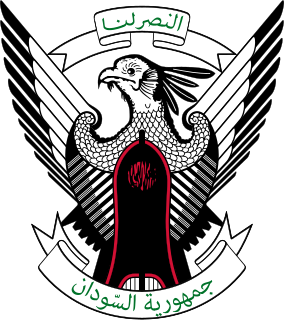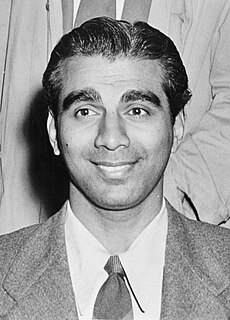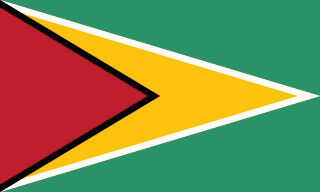
The politics of Guyana takes place in a framework of a presidential representative democratic republic, whereby the President of Guyana is the head of government and of a multi-party system. Executive power is exercised by the President, advised by a cabinet. Legislative power is vested in both the President and the National Assembly of Guyana. The judiciary is independent of the executive and the legislature.
The recorded history of Guyana can be dated back to 1466, when Guyana de Ojeda's first expedition arrived from Spain at the Essequibo River. The history of Guyana has been shaped by the participation of many national and ethnic groups, as well as the colonial policies of the Spanish, French, Dutch, and British. The African slave rebellions in 1763 and 1823 were seminal moments in the nation's history. Africans were enslaved and transported to Guyana as slaves; in contrast, East Indians came as indentured labourers. Guyana's recent history is characterized in particular by the struggle to free itself from colonial rule, and from the lingering effects of colonialism.

The New Zealand Parliament is the legislature of New Zealand, consisting of the Queen of New Zealand (Queen-in-Parliament) and the New Zealand House of Representatives. The Queen is usually represented by a governor-general. Before 1951, there was an upper chamber, the New Zealand Legislative Council. The Parliament was established in 1854 and is one of the oldest continuously functioning legislatures in the world.

The New York State Legislature consists of the two houses that act as the state legislature of the U.S. state of New York. The New York Constitution does not designate an official term for the two houses together. It says only that "legislative power is vested in the senate and assembly." The session laws are published in the official Laws of New York. The permanent laws of a general nature are codified in the Consolidated Laws of New York. The legislature is seated at the New York State Capitol in Albany.

Janet Rosenberg Jagan was the first female President of Guyana, serving from December 19, 1997, to August 11, 1999. She previously served as the first female Prime Minister of Guyana from March 17, 1997, to December 19, 1997. The wife of Cheddi Jagan, whom she succeeded as president, she was awarded Guyana's highest national award, the Order of Excellence, in 1993, and the UNESCO Mahatma Gandhi Gold Medal for Women's Rights in 1998.

Elections in Guyana take place within the framework of a multi-party representative democracy and a presidential system. The National Assembly is directly elected, with the nominee of the party or alliance that receives the most votes becoming President.

The People's National Congress - Reform is a socialist political party in Guyana led by David A. Granger. The party currently holds 22 of the 65 seats in the National Assembly. In Guyana's ethnically divided political landscape, the PNCR is supported primarily by Afro-Guyanese people.

The Constitution of Guyana is the highest governing document in the Republic of Guyana. It came into effect on October 6, 1980, replacing the constitution enacted in 1966 upon its independence from the United Kingdom. The current Constitution of Guyana contains 12 chapters that are further divided into 232 articles. It also contains a preamble and an oath. Since its 1980 enactment, it has gone through multiple amendments.

General elections were held in British Guiana on 7 December 1964. They saw the People's Progressive Party win 24 of the 53 seats. However, the People's National Congress and United Force were able to form a coalition government with a working majority. Despite losing the elections, Prime Minister and PPP leader Cheddi Jagan refused to resign, and had to be removed by Governor Richard Luyt, with Forbes Burnham replacing him. Voter turnout was 97.0%.

General elections were held in British Guiana on 27 April 1953. They were the first held under universal suffrage and resulted in a victory for the People's Progressive Party (PPP), which won 18 of the 24 seats in the new House of Assembly. Its leader, Cheddi Jagan, became Prime Minister.

General elections were held in British Guiana on 21 August 1961. The result was a victory for the People's Progressive Party, which won 20 of the 35 seats.

The Popular Party was a political party in British Guiana.

The Senate was the upper house of the Legislature in British Guiana between 1961 and 1964.

The Legislative Assembly was the lower house of the Legislature in British Guiana between 1961 and 1964.

Parliamentary elections were held in Sudan on 15 November 1948.











